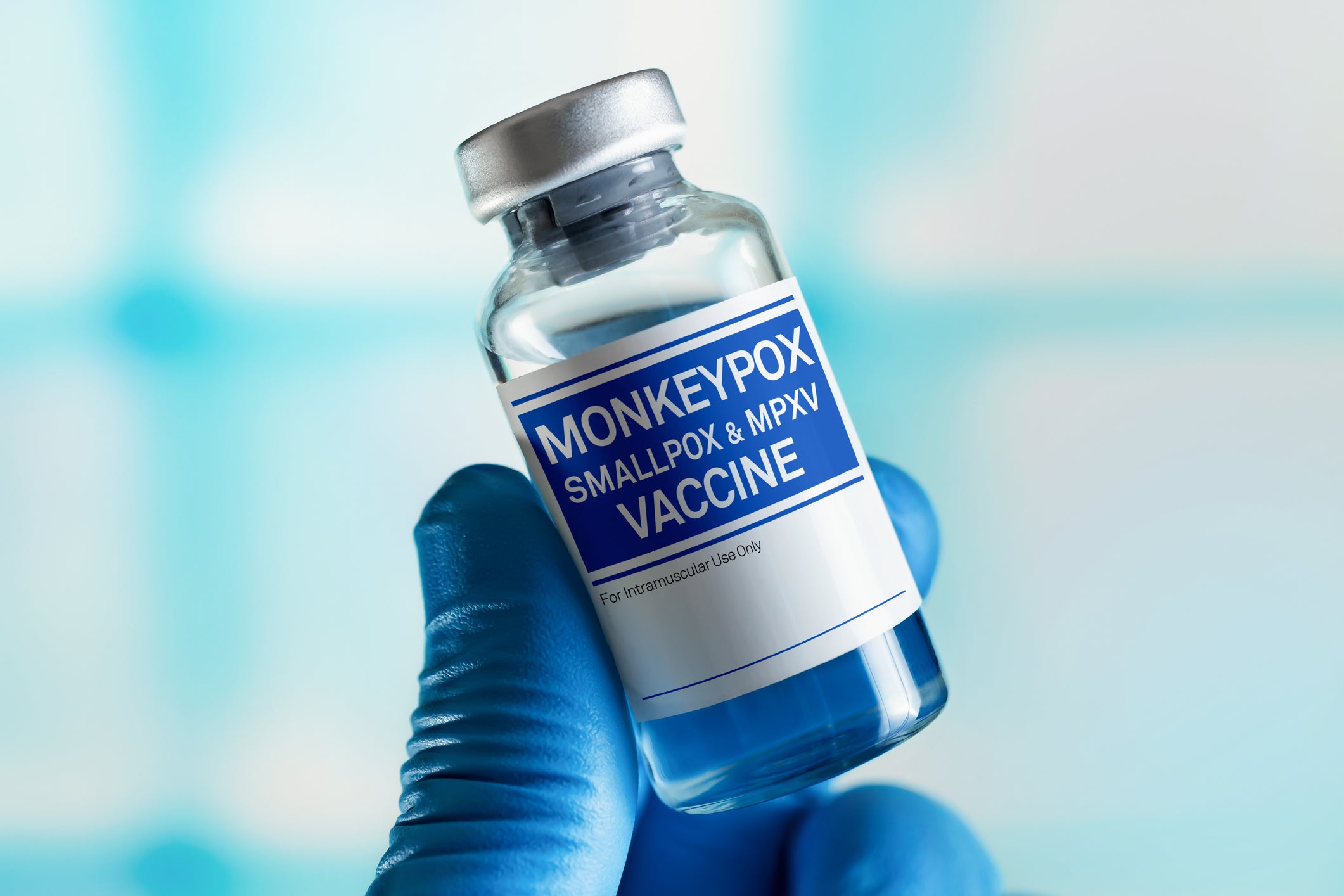The South Carolina Department of Health and Environmental Control is changing the method being used to give monkeypox vaccinations.
The Food and Drug Administration and the Centers for Disease Control and Prevention have approved intradermal shots, which are just under the first layer of skin. The vaccinations had been given subcutaneously, which go into the fat layer farther below the skin.
“This change will increase the amount of vaccine available while not compromising on effectiveness,” said Dr. Brannon Traxler, DHEC’s public health director during an Aug. 29 media briefing. “According to the FDA and CDC, changing to this method can result in up to five times the number of doses available per vial and offers the same level of protection to the recipient. This change will help us vaccinate more high-risk residents to keep them safe at this time.”
MORE: Monkeypox vaccine distribution starts in Georgia
The Palmetto State has received 4,287 Jynneos vaccine doses from the federal government and has given 860 total vaccinations to those most at risk of infection. That includes men who have sex with men, including gay or bisexual men, transgender or gender non-conforming individuals, who have had either a sexually transmitted infection in the last 90 days or multiple sex partners in the last 90 days as well as any person receiving HIV PrEP treatment.
“With vaccine supply being limited nationally, it is important that we find ways to meet the needs and demands of those at higher risk of exposure to monkeypox,” said Dr. Linda Bell, State Epidemiologist. “That not only includes adopting the new method of delivery identified by the CDC, but it also includes expanding the criteria to allow more people to be eligible. As vaccine availability increases, we will continue to review criteria to get more people protected from this disease.”
As of Aug. 24, the CDC reported 17,432 confirmed cases in the United States. Georgia is ranked fifth highest with 1,299 cases, including three in Richmond County. South Carolina has 100 confirmed cases. Worldwide 47,652 cases have been identified.
Since the outbreak began, health officials have consistently said transmission is through direct, extended, face-to-face contact with monkeypox rash, scabs or bodily fluids, including sex, kissing and touching fabrics and objects used by a person with monkeypox and not disinfected.
MORE: Caregiver shortage extends wait for Georgians needing help with intellectually disabled
However, a report from the Center for Infectious Disease Research and Policy at the University of Minnesota said lab tests in France indicate asymptomatic transmission may be possible.
The study published Aug. 16 in the Annals of Internal Medicine said 200 individuals underwent routine screening for sexually transmitted infections. None presented with symptoms of monkeypox, however results showed 13 were positive for the virus.
The CDC website now says scientists are still researching if the virus can be spread by someone with no symptoms.
“At this time, I don’t think there’s enough data for anyone to know conclusively,” Traxler said. “So, we are still going based off of what the data shows, and we’ll continue to do that. Until the CDC comes up with enough data to show that something is different, we’re going to stick with the current criteria here in South Carolina.”
The Georgia Department of Public Health is currently offering first and second doses of the Jynneos vaccine to individuals who may have been exposed. A scheduling tool and helpline are available at www.dph.ga.gov/monkeypox or by calling the Vaccine Scheduling Resource Line at (888) 457-0186.
South Carolinians can find out if they’re eligible to schedule an appointment by calling the DHEC CareLine at (855) 472-3432.
Dana Lynn McIntyre is a general assignment reporter for The Augusta Press. Reach her at dana@theaugustapress.com










